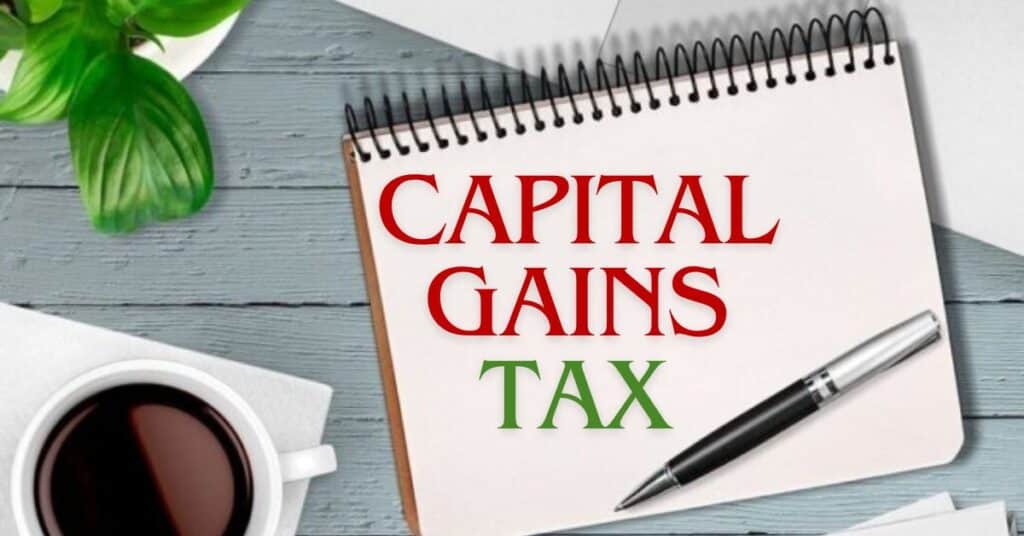Capital gains taxes in Florida are what you pay when you sell your home for a profit. It’s like a fee to the government. This guide helps you understand how much you might owe.
You can know ways to minimize your taxes. Curious about selling your Florida home? Dive into this 2024 guide on capital gains taxes. Get ready to navigate the real estate market with confidence!
Why is it important for businesses to know about capital gains tax?
Knowing about capital gains tax helps businesses follow tax rules. It lowers financial risks and aids in planning. Understanding it helps businesses make smart financial decisions.
Not understanding can lead to penalties. It’s vital for planning and managing finances effectively.
Compliance with Tax Laws:
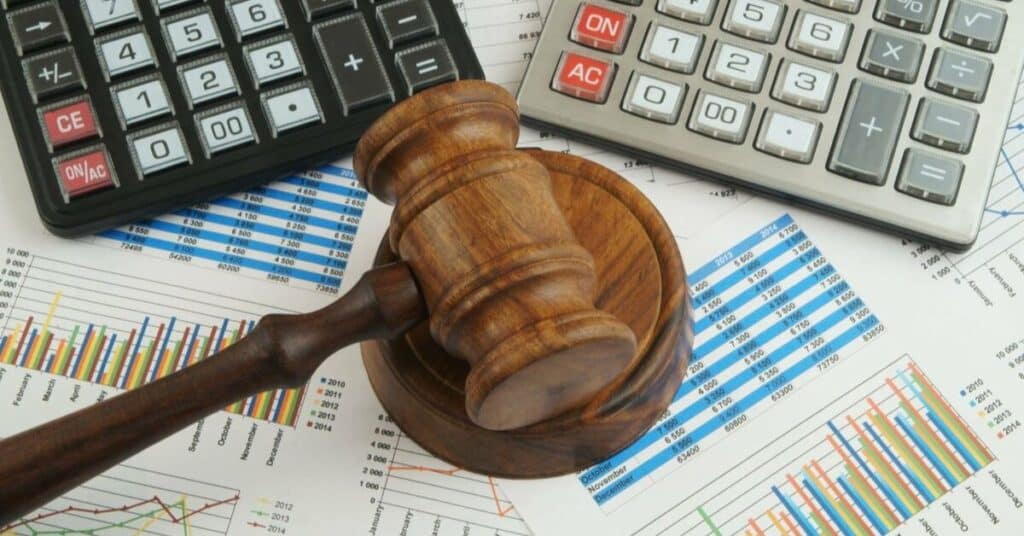
Compliance important for businesses to obey these rules. They must pay taxes correctly and on time. Keeping good records is part of it. Following tax laws ensures fairness and honesty.
Not complying can lead to penalties or legal issues. Therefore it’s crucial for businesses to prioritize compliance for a healthy financial environment.
It fosters trust between businesses government authorities and the public. It’s an essential aspect of responsible business conduct that helps maintain a fair and transparent financial environment.
Financial Planning:

Financial planning means making plans for your money. It helps you use money wisely. You set goals for saving and spending. Budgeting is a part of it.
Financial planning also includes investing for the future. It’s important for reaching your financial goals. Planning ahead helps you manage money better.
It helps you create a roadmap for your financial future. By making informed decisions you can achieve financial stability and security.
Minimizing Tax Liability:

Minimizing tax liability means paying less in taxes. It’s important for keeping more of your money. Businesses use strategies to lower their tax bills.
This includes taking advantage of deductions and credits. Timing asset sales can also reduce taxes. Planning ahead helps minimize tax liability.
By understanding tax rules, businesses can optimize their tax situation. Minimizing tax liability ensures more funds for investment and growth. It’s a key aspect of financial management for businesses.
Minimizing Financial Risks:

Minimizing financial risks means reducing the chance of losing money. It’s important for businesses to protect their finances. They can do this by diversifying investments.
Having a savings buffer helps too. Insurance can cover unexpected expenses. Avoiding debt beyond what’s manageable is crucial. Businesses also assess market trends and competition.
Planning for emergencies is part of risk reduction. Minimizing financial risks ensures stability and resilience. It’s a key aspect of successful financial management for businesses.
Enhancing Investment Strategies:

Enhancing investment strategies means improving how you invest money. It’s important for maximizing returns and managing risks. Businesses can enhance their strategies by diversifying investments.
Researching market trends and economic indicators is crucial. They also consider their financial goals and risk tolerance. Rebalancing portfolios regularly is part of it.
Utilizing tax efficient investment vehicles helps too. Enhancing investment strategies ensures better long term financial outcomes. It’s essential for businesses aiming to grow and thrive in the market.
What are Capital Gains Taxes?
Capital gains taxes are taxes on profits from selling assets. They apply to things like stocks or property. You pay taxes on the money you make.
The rate depends on how long you’ve owned the asset. Knowing about these taxes helps you plan your finances better.
Does Florida Have Capital Gains Tax?
Florida doesn’t have a capital gains tax. Unlike many places, you won’t pay extra taxes when selling assets there. If you’re a federal taxpayer in Florida there’s more to consider.
You’ll owe federal capital gains taxes when selling property. These taxes depend on factors like your income and how long you’ve owned the property. While Florida skips state capital gains taxes, federal ones still apply.
Do capital gains count as income?
Capital gains are considered income for tax purposes. When you sell an asset for more than you paid for it, the profit you make, known as capital gains, is subject to taxation.
This income is reported on your tax return and taxed at specific rates depending on various factors such as how long you owned the asset and your income level.
How much are capital gains taxes in Florida (2024)
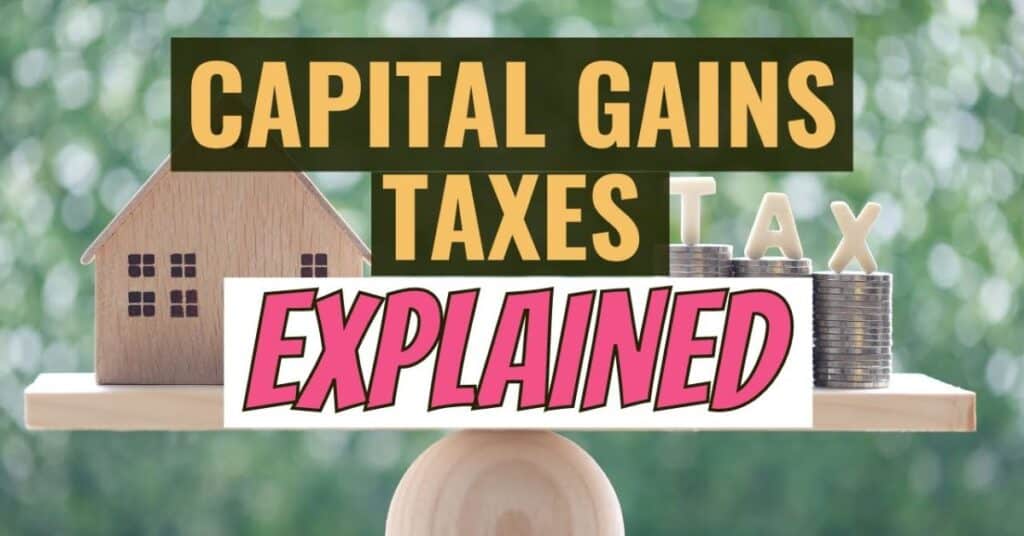
Florida in 2024 there are no capital gains taxes. That means if you sell something you don’t pay extra taxes. It’s different from some other places where you have to pay.
If you sell stocks or property in Florida you get to keep all your profits. This can be good news for people looking to make money. It’s one of the reasons why Florida is popular for business and investment.
Long-Term Capital Gains Tax
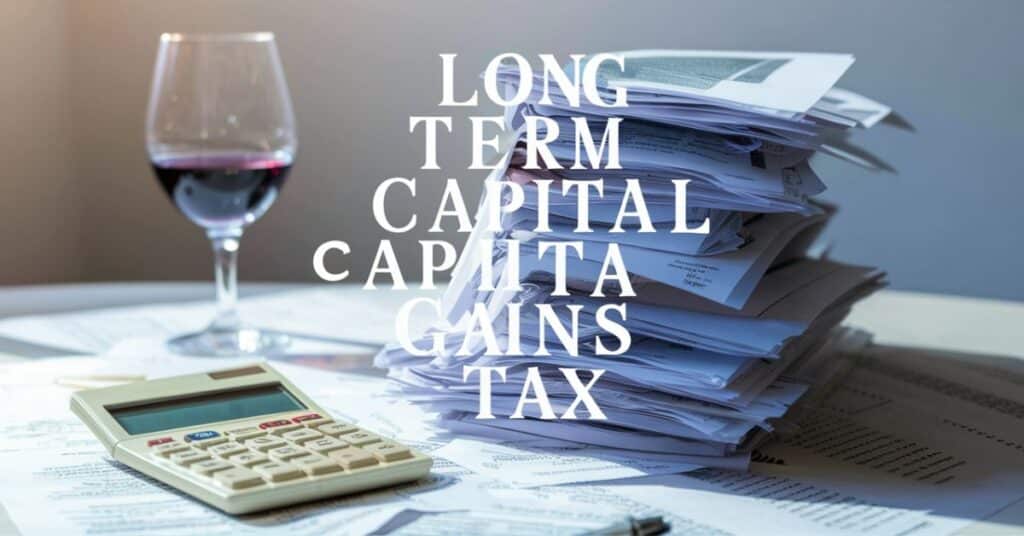
The long term capital gains tax is a type of tax. It can you pay when you sell an asset like stocks or property. That you’ve held onto for more than a year.
This tax rate you pay on these gains depends on your income level. If you earn less you might pay a lower rate or even no tax at all.
But if you earn more, you could pay up to 20% of your gains in taxes. So, it’s important to understand these rates when planning your investments for the long term.
- Depending on your income, the tax rates range from 0% to 20%.
- Individuals earning less than $40,000 or couples making under $80,000 may qualify for a 0% tax rate.
- Those earning between $40,001 to $441,450 (individuals) or $80,001 to $496,600 (couples) face a 15% tax rate.
- Individuals making over $441,450 or couples earning $496,600 or more incur a 20% tax rate.
- Some individuals and couples may be exempt from paying capital gains tax based on their income and filing status.
Short-Term Capital Gains Tax
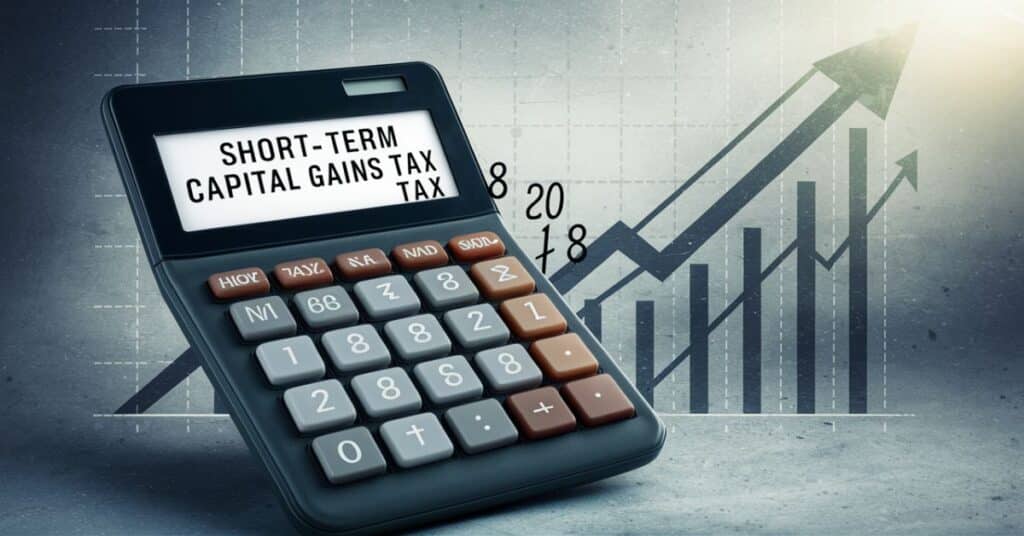
- Short Term Capital Gains Tax applies when you sell something you’ve owned for less than a year such as stocks or property.
- Tax rates for short term gains vary from 10% to 37%, depending on your household income.
- If you hold the asset for less than a year you’re subject to short term capital gains tax upon sale.
- Higher household incomes generally face higher tax rates for short term gains.
- It’s essential to factor in short term capital gains tax when planning to sell assets for a profit within a year of acquisition.
- Seeking advice from a tax professional can help navigate the complexities of short term capital gains tax and optimize tax strategies.
Is There a Difference Between Capital Gains Taxes and Property Taxes?
There’s a clear distinction between capital gains taxes and property taxes. Property taxes are annual fees based on the assessed value of your home, payable as long as you own the property. Capital gains taxes are incurred when you sell an asset, like property, for a profit.
Florida’s property taxes vary by county but average around 0.83%, with potential exemptions like the homestead exemption offering relief. It’s wise to consult a tax advisor for personalized guidance on navigating these tax obligations.
How are capital gains calculated?

Capital gains are calculated by subtracting the purchase price of an asset from its selling price. The resulting profit is subject to taxation with long term gains taxed at lower rates than short term gains.
Basis
Basis refers to the original cost of an asset, which is used to calculate capital gains or losses. It includes the purchase price plus expenses like commissions and fees.
Sale Price
The sale price is the amount of money received from selling an asset or property. It’s crucial for calculating capital gains or losses. Subtracting the sale price from the asset’s basis determines the profit or loss incurred from the sale.
Gain or Loss
Gain or loss refers to the difference between the sale price and the basis of an asset. If the sale price is higher than the basis. It results in a gain. Conversely if the sale price is lower than the basis it leads to a loss.
How Do I Avoid Capital Gains Tax on a Home Sale in Florida?
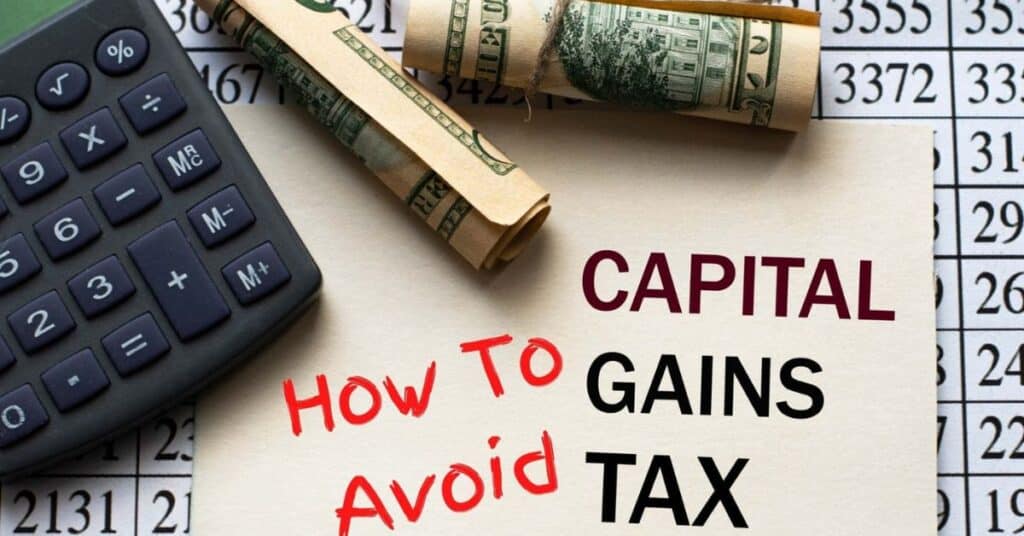
To avoid capital gains tax on a Florida home sale, use tax exemptions like Section 121 or the homestead exemption. Consider a 1031 exchange or timing the sale carefully.
Take Advantage of the Section 121 Exclusion
You can save money with Section 121. It’s good news for homeowners. When you sell your home, you might not have to pay taxes on the profit.
Section 121 says if you lived in your home for at least two of the last five years, you could exclude up to $250,000 from taxes. If you’re married, that doubles to $500,000. It’s a great way to keep more money in your pocket.
Use the 1031 Exchange
With the 1031 Exchange, you can defer taxes. It’s a smart move for investors. Instead of paying taxes when you sell, you reinvest. The process is straightforward.
Sell your property, then buy another. Just make sure it’s for investment purposes. This way you keep growing your wealth.
Offset Gains with Tax Loss Harvesting
Tax loss harvesting is a savvy strategy. It helps offset gains from property sales. Here’s how it works: Sell a losing investment.
Use the loss to reduce taxable gains. It’s like balancing a scale. Minimize taxes, maximize profits. Smart move for your financial goals.
Sell it at the Right Time
Selling at the right time matters. It can slash your capital gains tax. Here’s the trick: Aim for a low-income year. When you earn less, you pay less tax. So, time your sale wisely. Save big on taxes.
Perform Home Renovations Before Selling
Before you sell, spruce things up. Home renovations can cut your tax bill. How? Boost your property’s value.
Say you spend $50,000 on upgrades. Your home now sells for $280,000. You only pay tax on the $30,000 profit. That’s a smart move!
How can businesses minimize their capital gains tax liability?

Businesses can cut taxes by holding assets longer. Tax-loss harvesting offsets gains with losses. Smart moves for lower taxes!
Holding Assets for More Than One Year
Holding assets longer than a year can lower taxes. It’s a smart tax saving strategy for businesses. Long term assets get lower capital gains tax rates. This helps reduce taxable gains and saves money.
Holding boosts stability and supports long term growth. Holding assets for more than a year qualifies for lower tax rates. It’s a prudent approach to minimize capital gains tax liability.
Tax Loss Harvesting:
Tax loss harvesting helps reduce taxes by offsetting gains with losses. It involves selling investments that have decreased in value.
This strategy can lower overall tax liability for businesses. Consult a tax professional for guidance on implementing tax-loss harvesting effectively.
Reinvesting Capital Gains:
Reinvesting capital gains means putting profits back into investments. It’s a strategy to defer paying taxes on those gains.
By reinvesting, businesses can continue to grow without immediate tax costs. This helps in building wealth over time. Consult with financial experts to understand the best reinvestment options.
Reinvesting capital gains can be beneficial for long-term financial goals. It’s essential to consider risks and potential returns before reinvesting.
Investing in Tax Advantaged Accounts:
Investing in tax advantaged accounts helps save on taxes. These accounts offer special tax benefits. Contributions to these accounts can lower taxable income.
Examples include IRAs and 401(k)s. Consider these accounts for long-term financial planning.
Do You Have to Pay Capital Gains Taxes If You’re a Non Resident or Foreign Investor?
If you’re not from the place you might wonder about taxes. Non residents and foreign investors might pay capital gains taxes. The rules can differ based on where you’re from.
It’s crucial to understand tax regulations in the country. Consulting a tax expert is wise. Non residents might need to follow specific tax laws.
For example, there’s the Foreign Investment in Real Property Tax Act (FIRPTA). This law requires withholding taxes on real estate sales by non-residents.
Understanding your tax obligations is essential to avoid legal issues. Consulting experts familiar with international tax laws is advisable.
How long do you have to own a home in Florida to avoid capital gains?

Avoid capital gains taxes in Florida, you usually need to own your home for at least two years. This means living in it as your primary residence for at least two out of the last five years.
By meeting this requirement, you may qualify for the primary residence exclusion and avoid paying taxes on up to $250,000 in profit for single filers or $500,000 for married couples.
It’s essential to understand and fulfill this ownership duration to benefit from the tax exemption when selling your home in Florida. Be sure to consult a tax advisor for personalized guidance based on your situation.
Final Words
It’s crucial to consider taxes when selling your home. Take advantage of tax saving strategies like Section 121 Exclusion or the 1031 Exchange.
Consulting a tax professional can help navigate these complexities. Timing is key when it comes to minimizing capital gains tax. Selling at the right time can significantly impact your tax liability.
Consider performing home renovations before selling to increase your property’s value and reduce taxable gains. Tax laws is key to a successful property sale. Take advantage of available exemptions and strategies.
Frequently Asked Questions
Do I have to pay capital gains tax on my Florida home sale?
Yes, you may owe federal capital gains tax, but Florida doesn’t impose state capital gains tax.
What is the Section 121 Exclusion?
It allows you to exclude up to $250,000 ($500,000 for couples) of capital gains from your primary residence’s sale if you’ve lived there for at least two of the past five years.
What is a 1031 exchange?
It’s a tax deferred exchange allowing you to reinvest proceeds from the sale of an investment property into a similar one, deferring capital gains taxes.
How can I minimize capital gains taxes on my property sale?
Strategies include holding assets for over a year performing renovations before selling and timing the sale strategically.
Are foreign investors subject to capital gains taxes in Florida?
Non residents must comply with federal tax laws, including capital gains tax regulations, with specific rules like the Foreign Investment in Real Property Tax Act applying.

